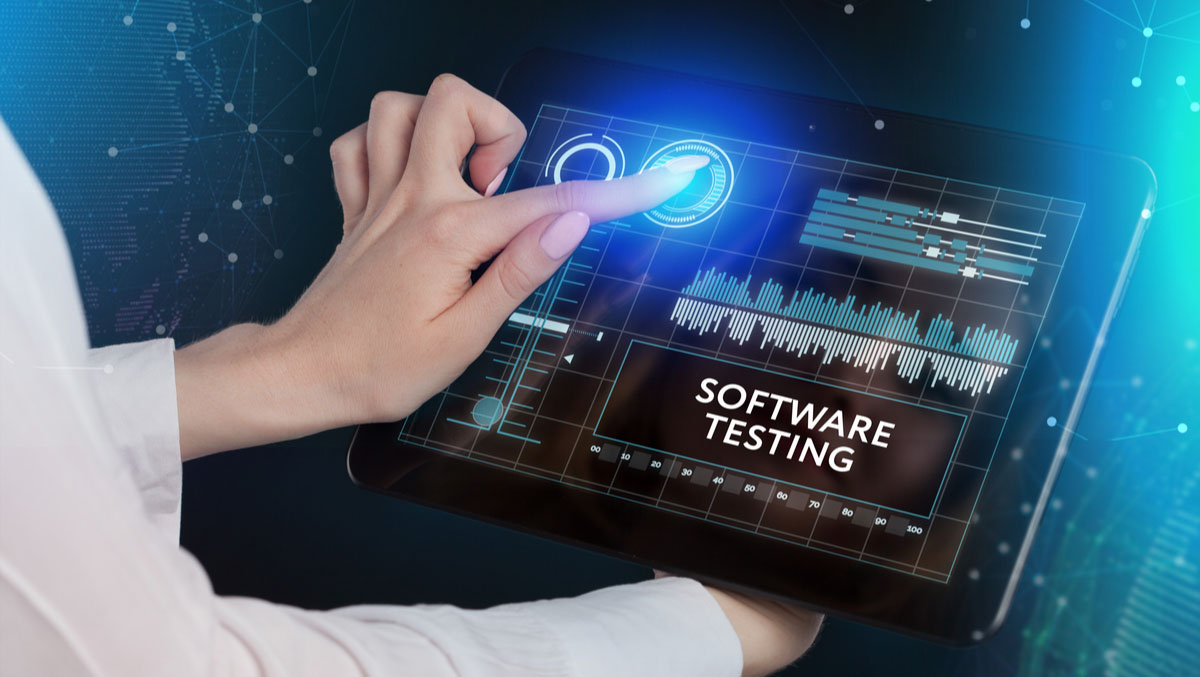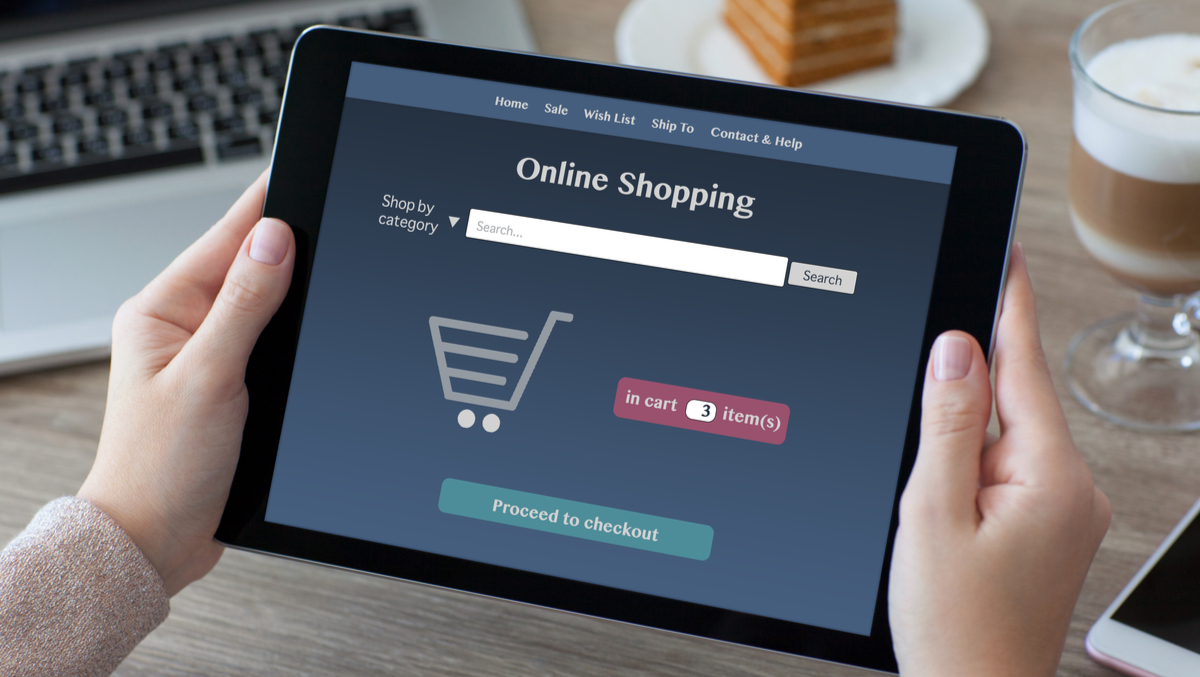Technologies/ Skills Used
The proposed solution for the Scan & Go system will involve using a variety of technical skills and technologies. These include programming languages such as Java and Spring, as well as tools like Jenkins, Apache Maven, Apache Camel, and SonarQube. Node.js, Kafka, and databases like MySQL, MariaDB, Couchbase, and Cosmos DB will also be utilized.
Additionally, Docker and Kubernetes will be used for containerization and cluster management, while Dynatrace and Splunk will be employed for monitoring performance. Other important tools and processes include OneOps for management, CI/CD for continuous integration and deployment, and Cucumber Script for automated testing.
These technologies will be used to build, integrate, deploy, and monitor the performance of the system to ensure its smooth functioning.
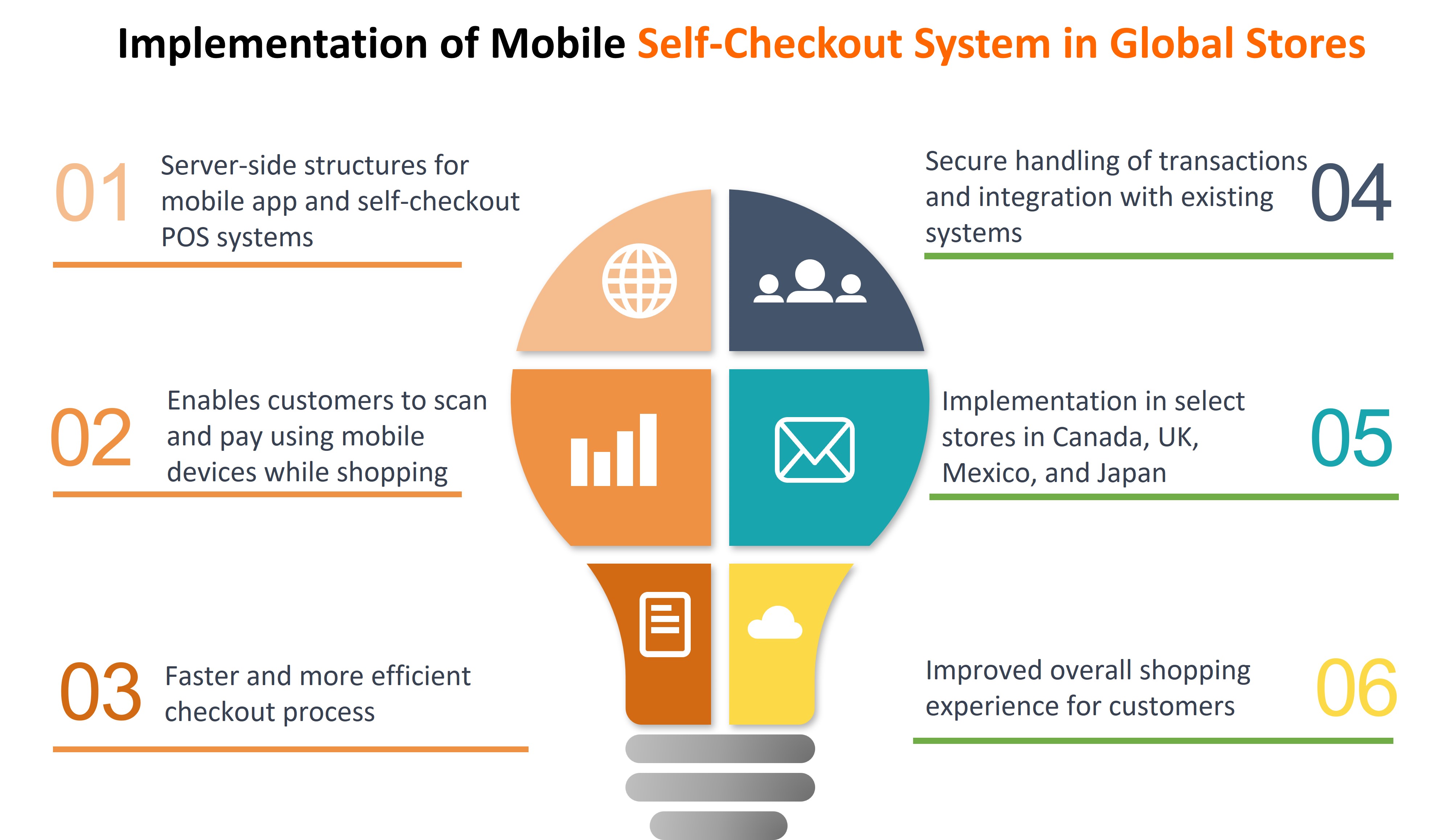
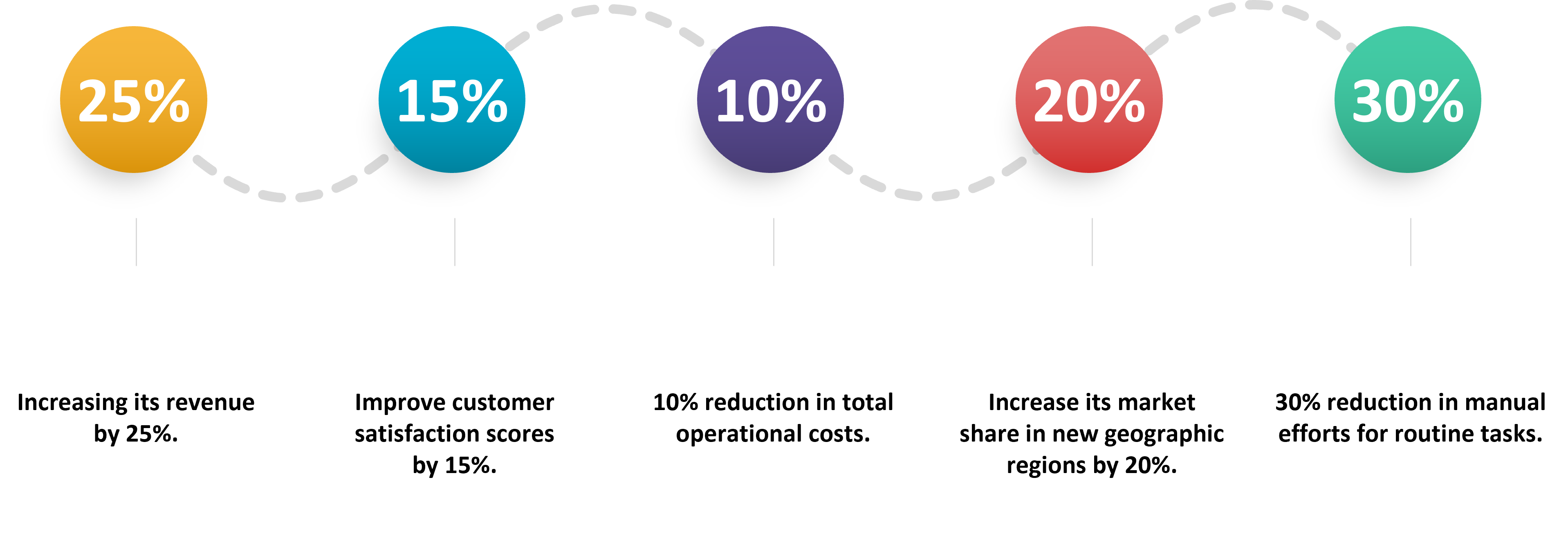
.jpg)

.jpg)
.jpg)
.jpg)
.jpg)
.jpg)
.jpg)

.jpg)
.jpg)
.jpg)
.jpg)
.jpg)
.jpg)
.jpg)
.jpg)
.jpg)
.jpg)
.jpg)
.jpg)
.jpg)
.jpg)



.jpg)


.png)
.png)
.jpg)

.jpg)
.png)
.png)
.png)

.png)
.png)
.png)
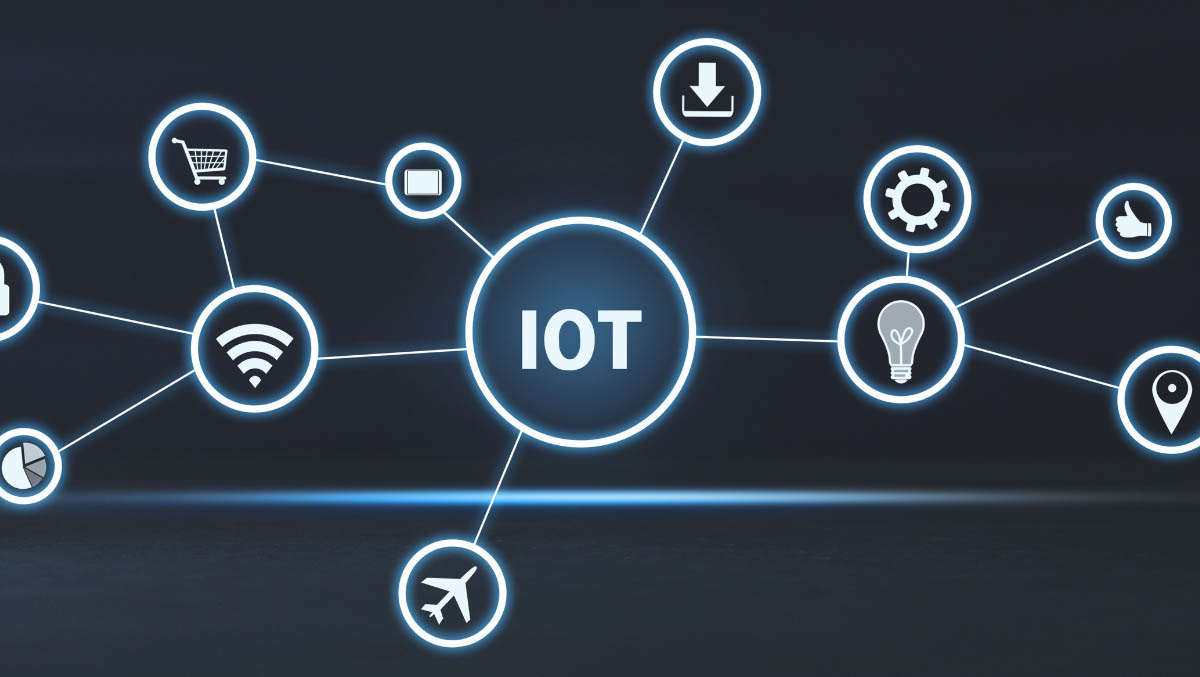

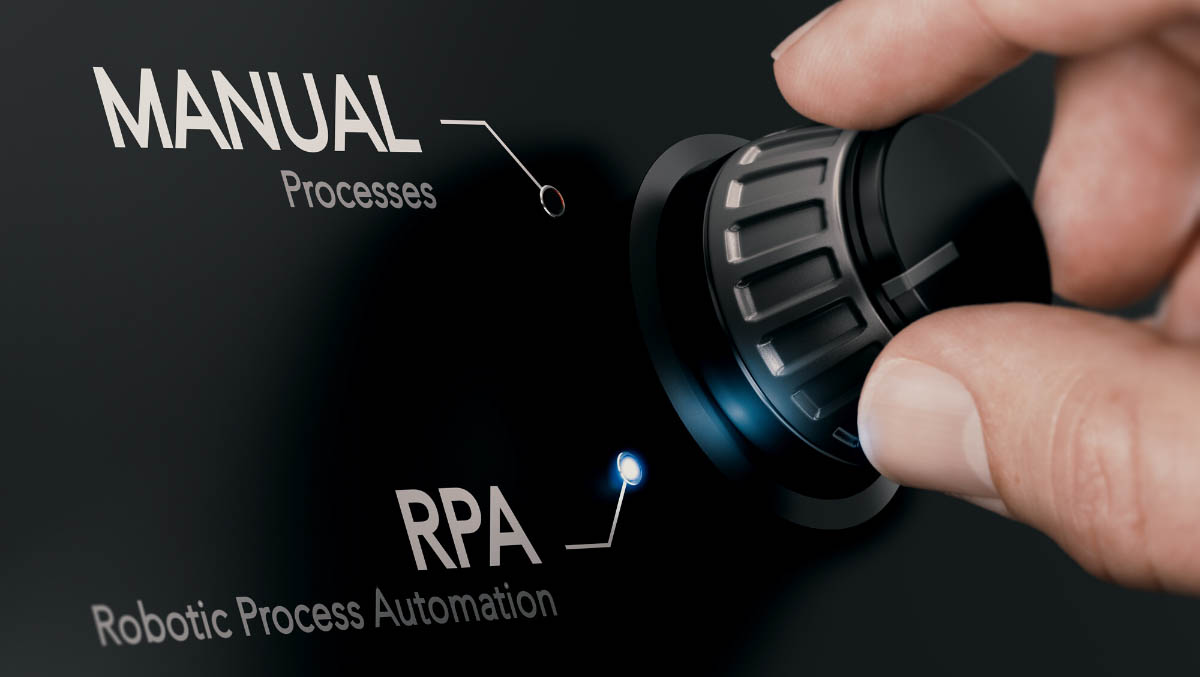
.jpg)
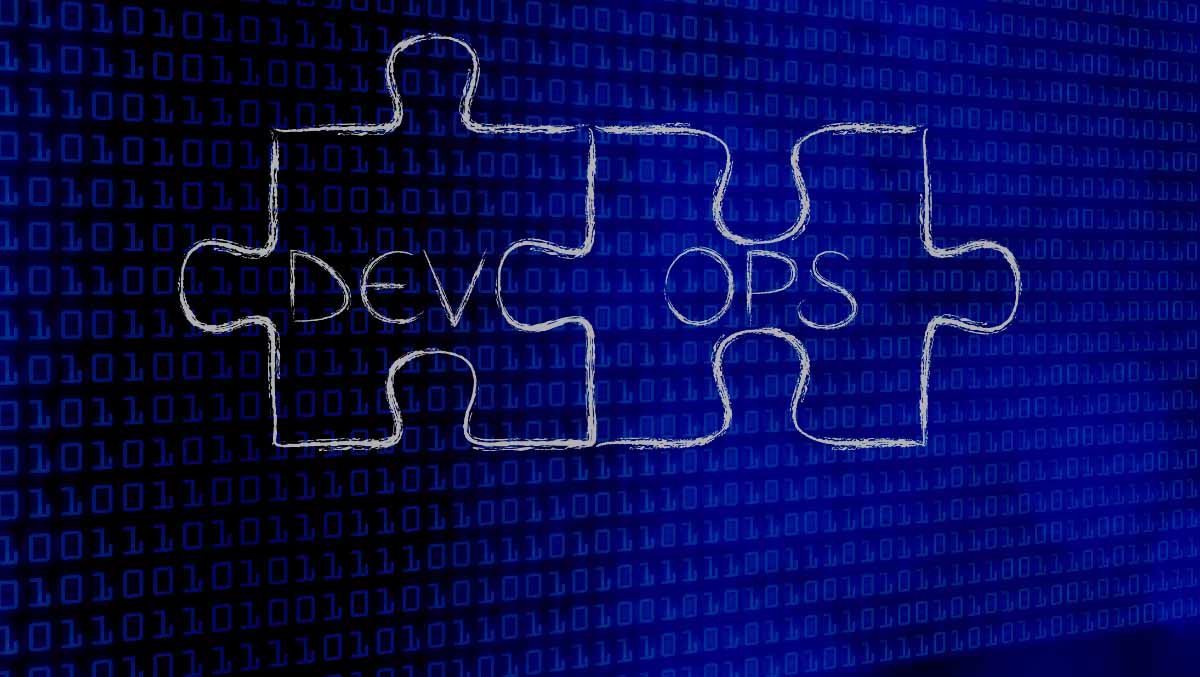
.jpg)
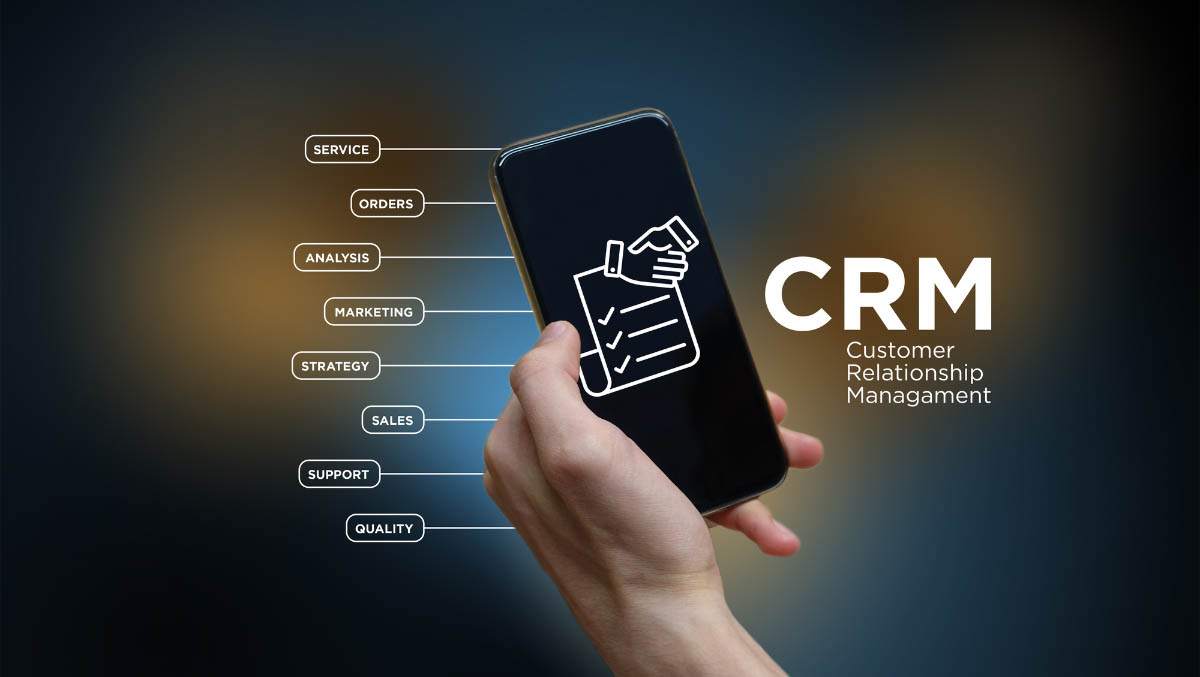

.jpg)
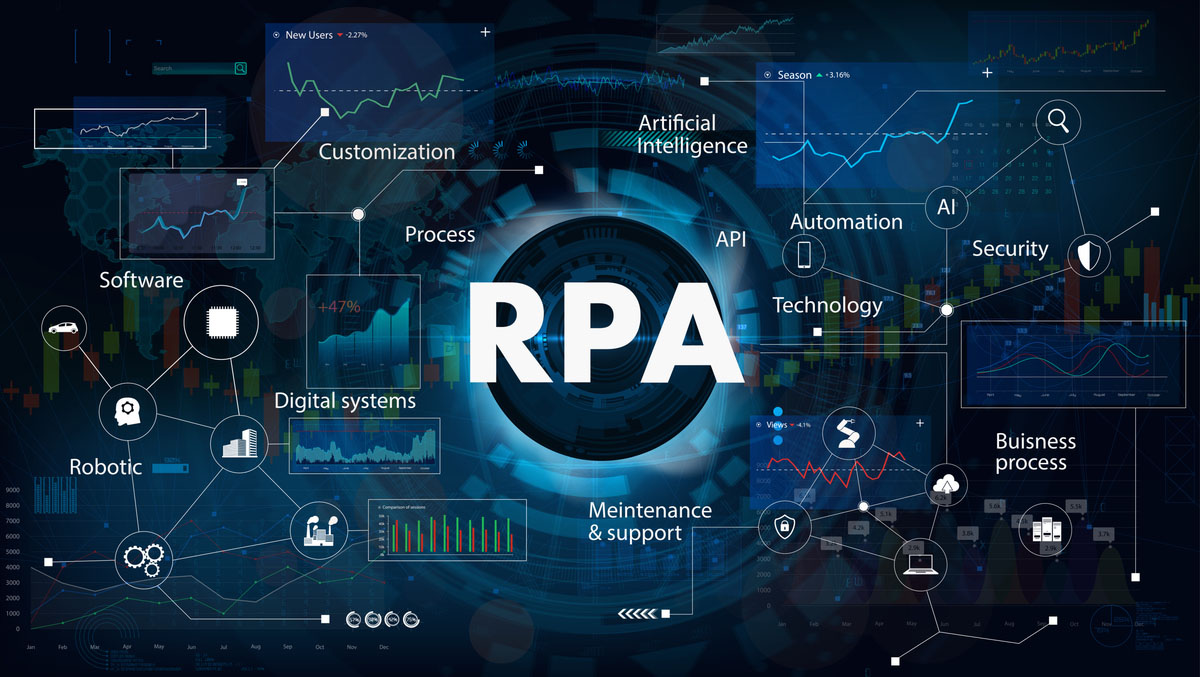


.jpg)

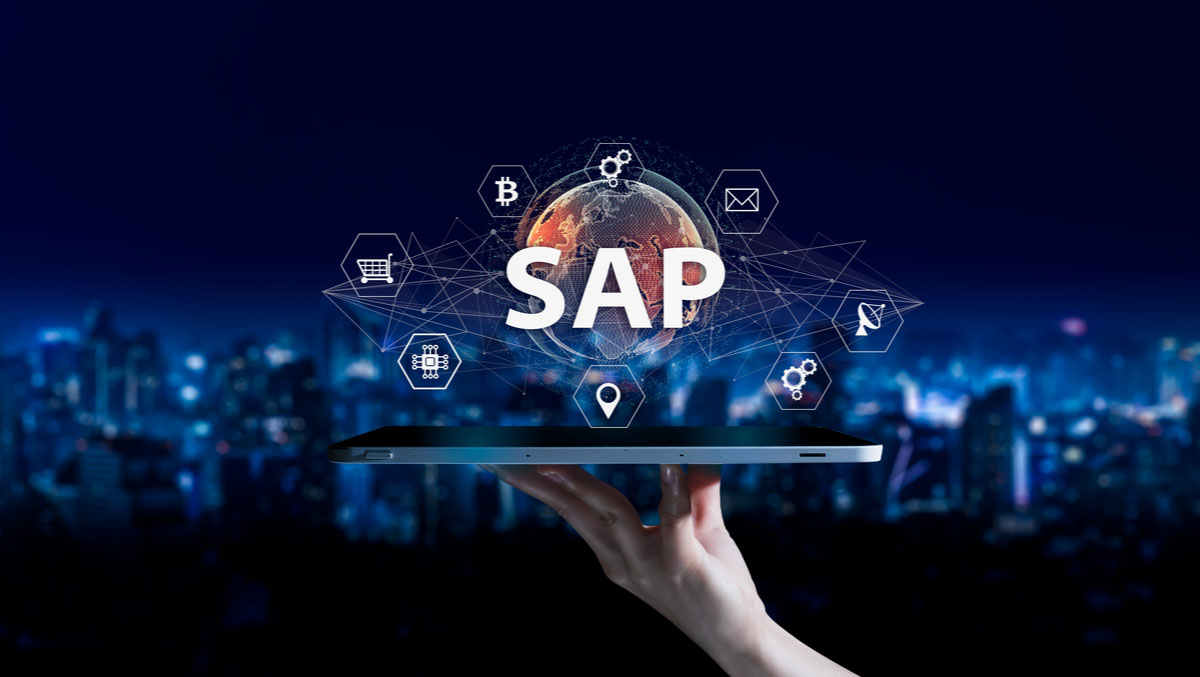
.jpg)
